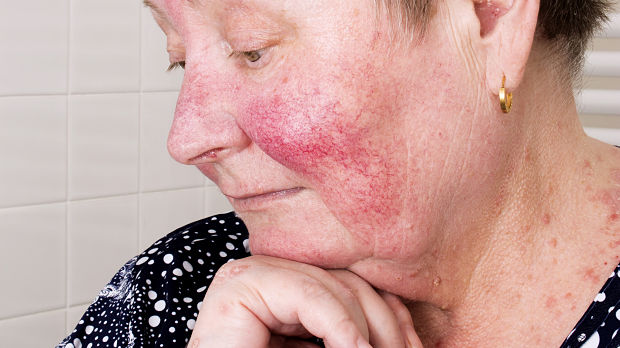Rosacea has been found to be significantly associated as comorbid with cardiovascular, gastrointestinal, and psychiatric diseases. This is thought to be because rosacea is generally linked to abnormalities of cutaneous vasculature and dysregulation of the inflammatory response, and therefore shares similarities with systemic diseases of the same nature.
A recent review looked at available data to discuss the pathogenesis of diseases associated with rosacea and highlight possible specific work-ups for these patients. The authors note that understanding these comorbidities is crucial so that healthcare providers can provide optimal management and treatment for these patients. The review found 29 eligible articles over a 59-year period.
The most important statistically significant association with rosacea was demonstrated with depression, hypertension, cardiovascular disease, anxiety disorders, dyslipidemia, diabetes mellitus, rheumatoid arthritis, Helicobacter pylori infection, ulcerative colitis, dementia and migraines.
The authors suggest that treatment for rosacea should be aimed at both skin and systemic manifestations, with special focus on modifiable risk factors.

